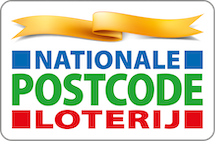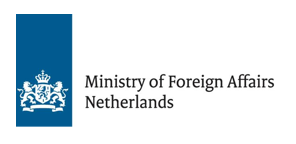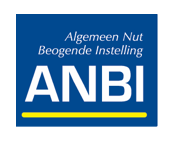Riwaq Palestine
Riwaq Centre for Architectural Conservation (founded 1991, Ramallah) is making an irreplaceable contribution to Palestinian society through the protection and reinvigoration of endangered cultural heritage. Its practical actions in shaping the built environment have highly significant political and symbolic value in a context of military occupation involving physical and psychological aggression. Riwaq’s researchers have compiled a detailed registry of historic buildings in the West Bank and Gaza and a unique collection of photographs, maps and architectural materials. Using this essential planning tool, Riwaq has completed more than 100 restoration projects, including renovation of major sites and monuments in Jerusalem’s Old City and rehabilitation of historic streets and public structures in Bethlehem. Taking vernacular architecture as a primary focus, it restores traditional domestic houses and reuses them as models to encourage further private efforts. Community involvement in Riwaq’s projects creates much-needed employment in often rural or marginalised areas, and the integrated ongoing training in restoration skills and revival of traditional building techniques and materials contribute to participants’ personal development. Riwaq ensures re-use of all renovated buildings, transforming many into educational, cultural and other facilities of benefit to the community. As well as actively lobbying government on the need for national policies, Riwaq is involved in developing a legal framework for heritage protection. It runs extensive community education programmes with an emphasis on field trips and workshops for the younger generations. Wider outreach is achieved through the Riwaq biennales involving local and international participants in on-site installations and public debates, and through their growing list of publications such as The Palestinian Village Home and The Architectural Heritage of Gaza. Riwaq is awarded for its significant achievements in preserving and reinvigorating sites of historical and architectural significance, for linking cultural heritage with community development and economic opportunities, for nourishing collective memory and strengthening Palestinian identity, and for its daring and pioneering work in a context marked by conflict and military occupation.
2011 Prince Claus Awards Book here.



